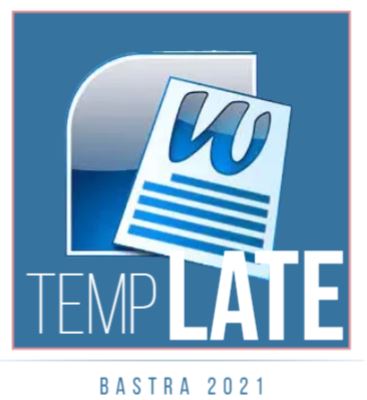PENGGUNAAN FRASA BAHASA INDONESIA DALAM KARANGAN SISWA KELAS VII MTsN RENGEL TAHUN PELAJARAN 2014/2015
Keywords:
phrase, noun phrase, word type, attributive element, functional elementAbstract
This study aimed (1) to describe the form of the noun that became a core element, (2) the type of words to attributive element, (3) pattern, and (4), function occupied Indonesian noun phrases in the essay. This study was designed using qualitative descriptive approach. The data for this study were the nouns found in the students’ essay. While the source of the data in this study were students’ essay of class VII MTsN Rengel in 2014/2015 academic year. In gathering the data the researcher used two techniques: the testing and recording technique. From result of the study, the researcher found that: (1) the three forms of the noun that became a core element were noun phrases: noun form of the base and noun derivative form; (2) Type a word into the attributive element to the Indonesian noun phrase consists of five kinds: (a) nouns, (b) verb, (c) an adjective, (d) the word number, and (e) pronouns; (3) The pattern of Indonesian noun phrase consists of two things: (a) the pattern of DM and (b) the pattern of MD; and (4) functions element occupied Indonesian noun phrase consists of four functions: (a) the subject, (b) predicate, (c) the object, and (d) complementary.
Downloads
Published
How to Cite
Issue
Section
License
Authors who publish with PENTAS agree to the following terms:
Authors retain copyright and grant the Engagement right of first publication with the work simultaneously licensed under a Creative Commons Attribution License (CC BY-SA 4.0) that allows others to share (copy and redistribute the material in any medium or format) and adapt (remix, transform, and build upon the material) the work for any purpose, even commercially with an acknowledgement of the work's authorship and initial publication in BASTRA.
Authors are able to enter into separate, additional contractual arrangements for the non-exclusive distribution of the journal's published version of the work (e.g., post it to an institutional repository or publish it in a book), with an acknowledgement of its initial publication in BASTRA.
Authors are permitted and encouraged to post their work online (e.g., in institutional repositories or on their website) prior to and during the submission process, as it can lead to productive exchanges, as well as earlier and greater citation of published work (See The Effect of Open Access).

This work is licensed under a Creative Commons Attribution-ShareAlike 4.0 International License.








